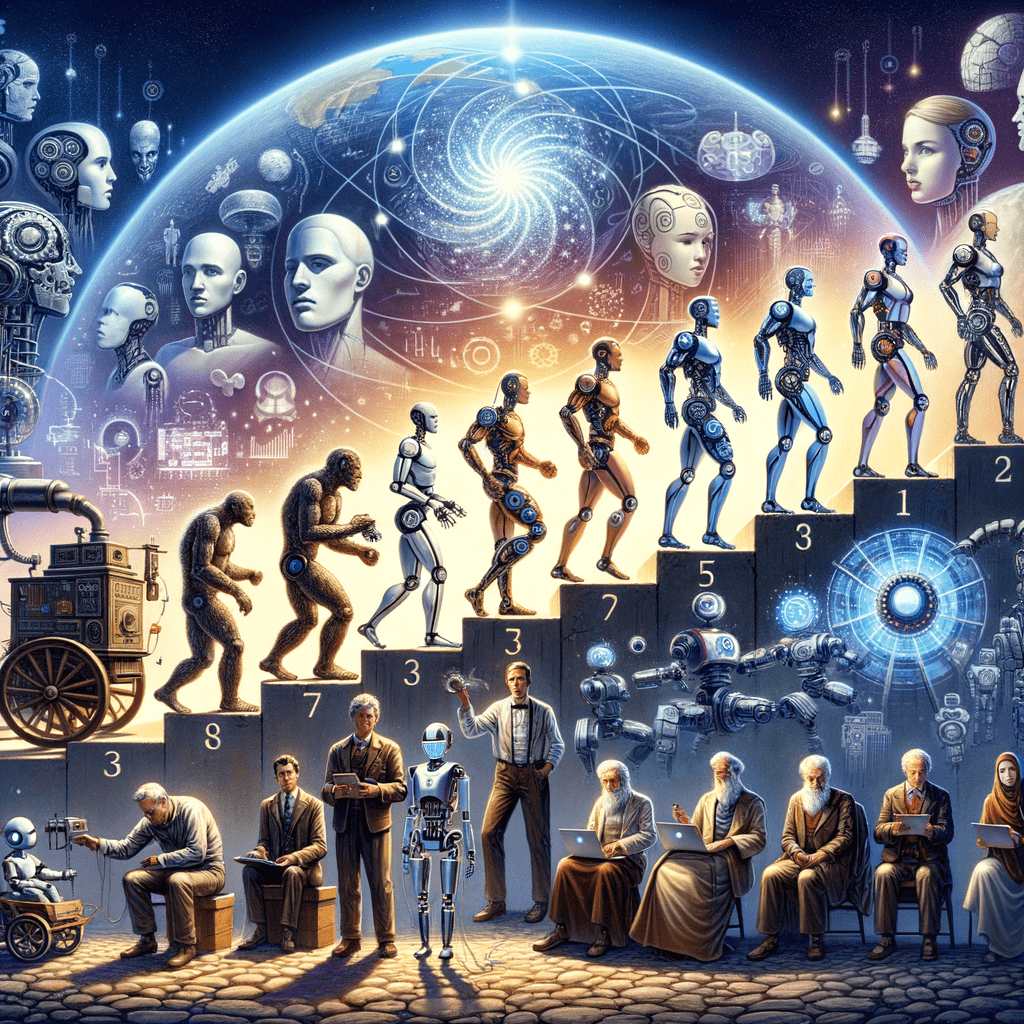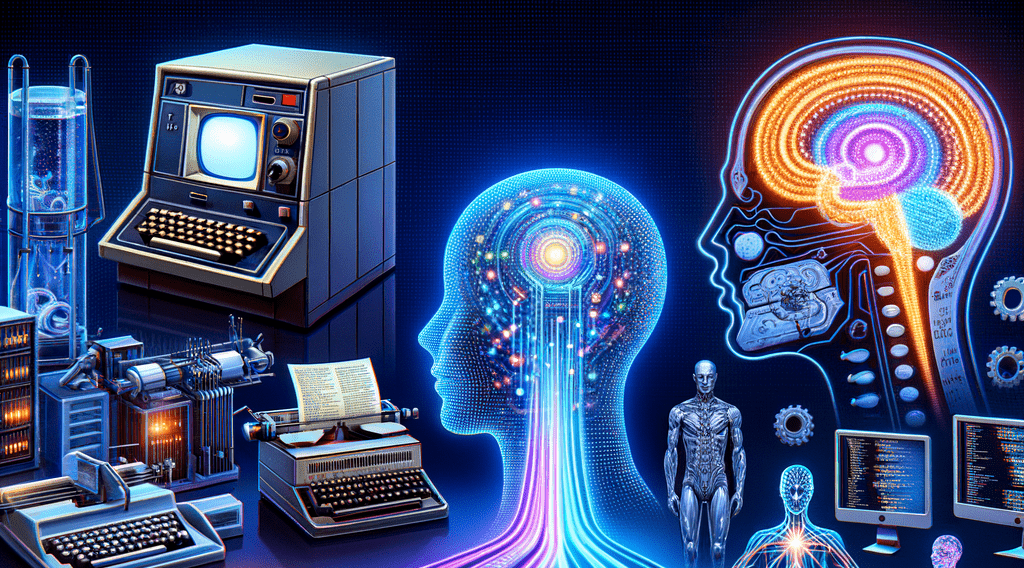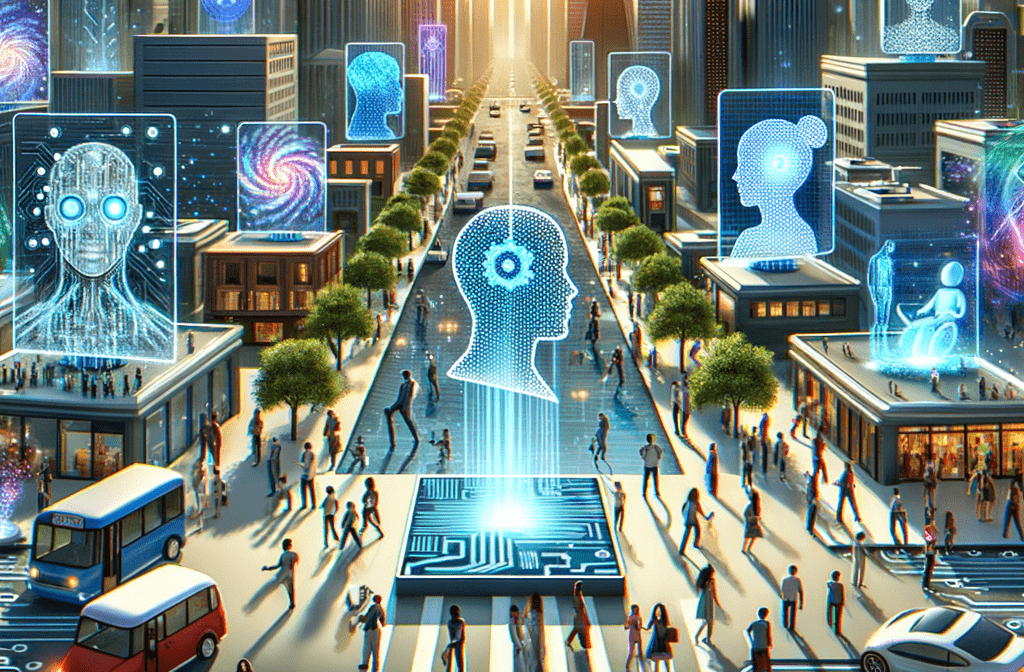Introduction
Artificial Intelligence (AI) has evolved from a theoretical concept to a transformative force reshaping various industries. From healthcare to finance, AI is driving efficiency, enhancing decision-making, and unlocking new possibilities. This article delves into the history, current applications, and future potential of AI.
The History of AI
The concept of AI dates back to ancient mythology, but its scientific foundations were laid in the 20th century. Key milestones in AI development include:
- 1950s: Alan Turing introduces the Turing Test to assess machine intelligence.
- 1960s-1970s: Early AI programs emerge, including rule-based systems.
- 1980s-1990s: Machine learning and neural networks gain traction.
- 2000s-Present: Advancements in deep learning, natural language processing, and robotics drive widespread AI adoption.

Current Applications of AI
AI is transforming industries with its ability to process vast amounts of data and automate complex tasks. Some key applications include:
AI in Healthcare
- Medical Diagnosis: AI-powered algorithms assist in diagnosing diseases from medical images and patient data.
- Personalized Treatment: AI helps tailor treatment plans based on genetic and clinical information.
- Drug Discovery: AI accelerates drug development by analyzing chemical compounds and predicting their effects.
AI in Finance
- Fraud Detection: AI identifies suspicious transactions and prevents fraudulent activities.
- Algorithmic Trading: AI analyzes market trends and executes trades with precision.
- Customer Support: AI-driven chatbots provide real-time assistance in banking services.
AI in Transportation
- Autonomous Vehicles: AI enables self-driving cars to navigate safely using sensors and machine learning.
- Traffic Optimization: AI enhances traffic management systems, reducing congestion and improving safety.
- Supply Chain Automation: AI optimizes logistics and delivery routes for efficiency.

The Future of AI
AI continues to evolve, with ongoing research focusing on:
- General AI: Developing AI that can perform any cognitive task at human-level intelligence.
- Ethical AI: Addressing biases, privacy concerns, and ethical dilemmas in AI applications.
- Human-AI Collaboration: Enhancing the synergy between humans and AI systems for better decision-making.
Artificial Intelligence is revolutionizing various sectors by improving efficiency, enabling data-driven decision-making, and driving innovation. As AI technology advances, it is crucial to balance progress with ethical considerations to ensure its responsible and beneficial deployment in society.




